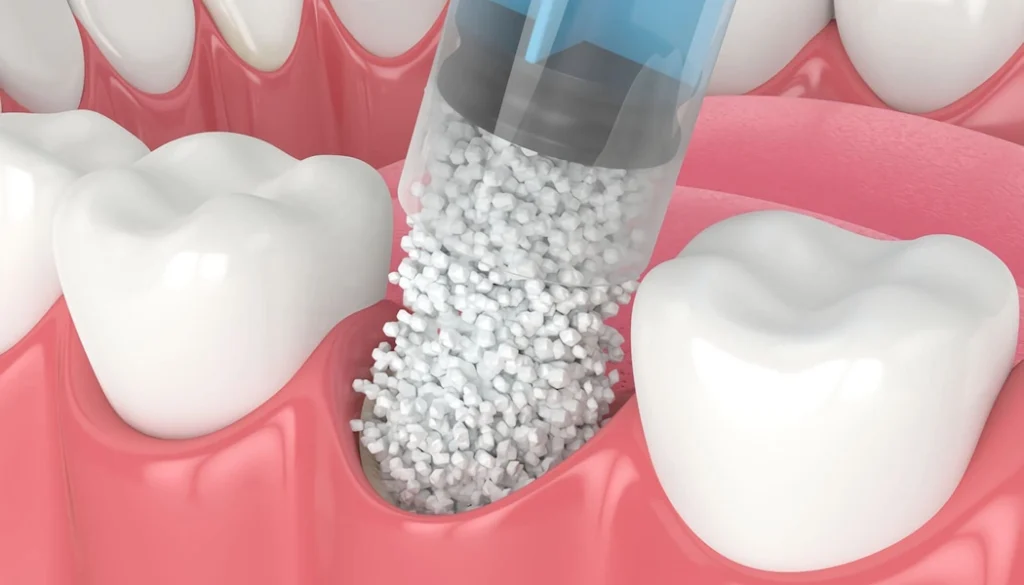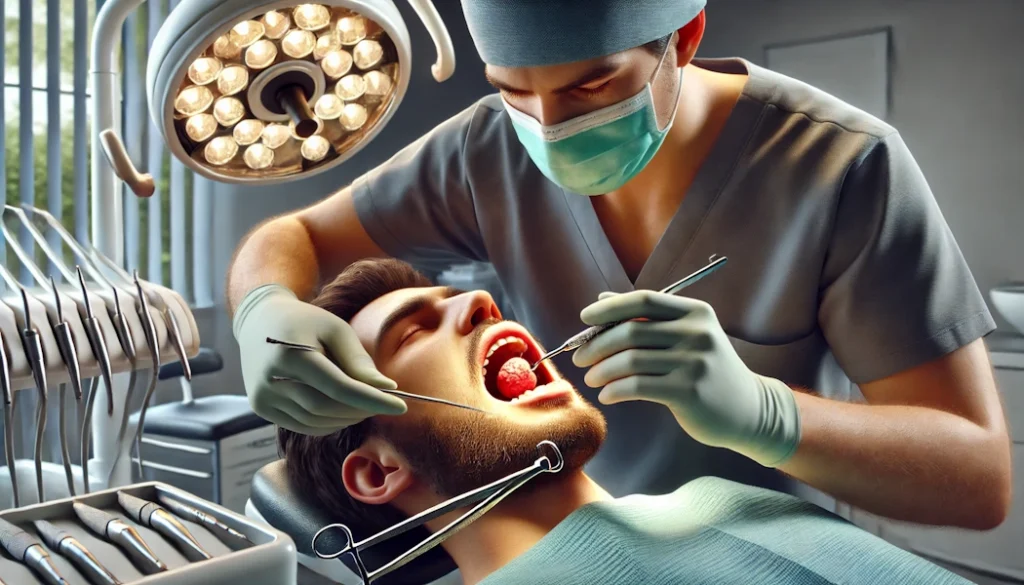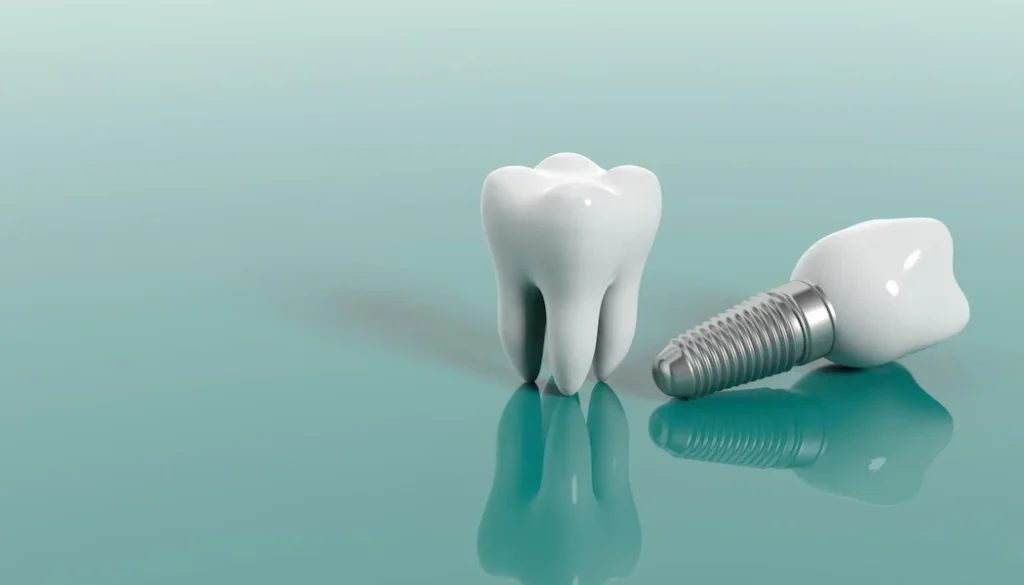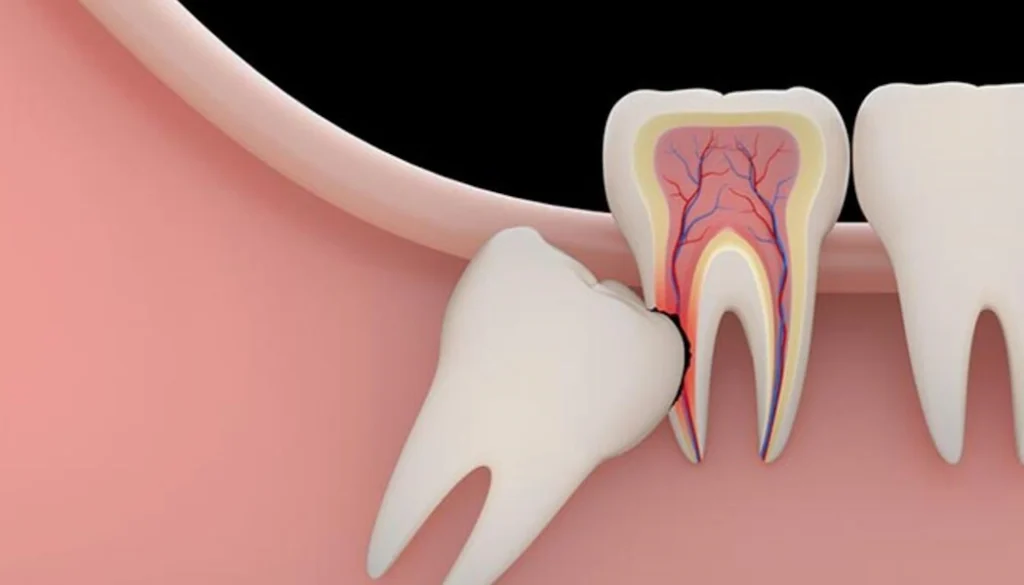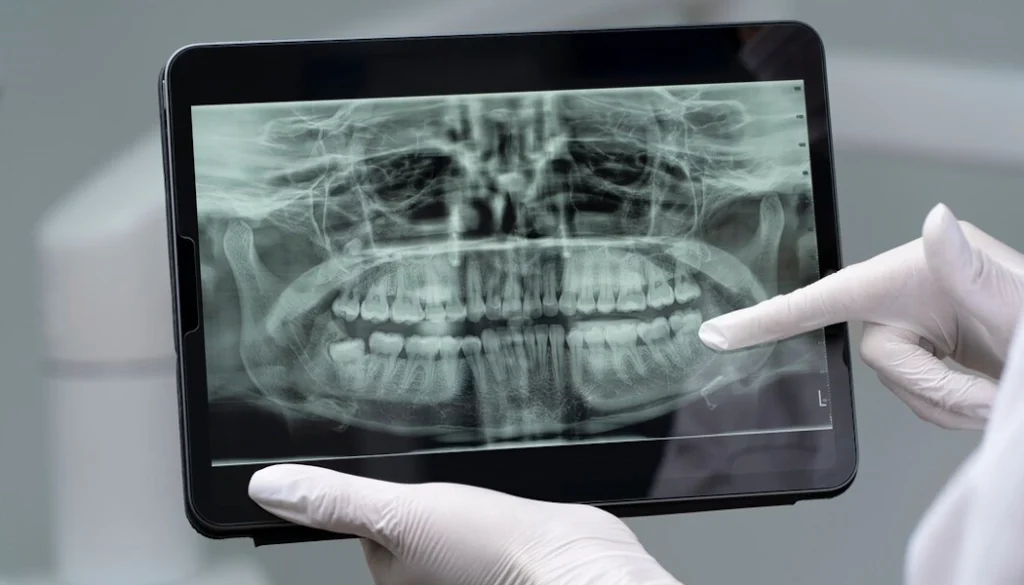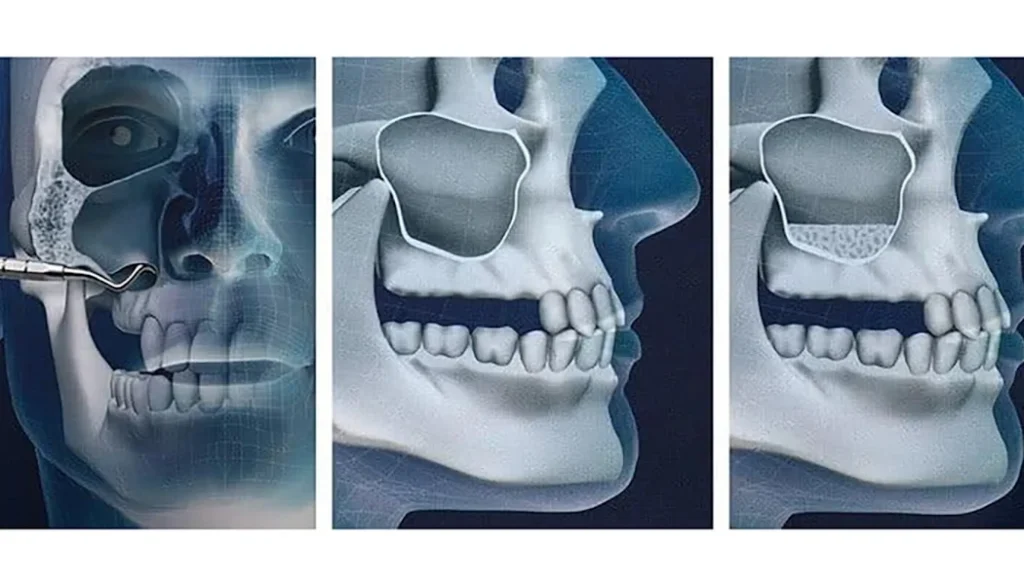Addressing TMJ Disorders and Improving Quality of Life
The temporomandibular joint (TMJ) connects the lower jaw (mandible) to the skull, allowing movement for speaking, chewing, and other essential functions. Temporomandibular joint disorders (TMD) can cause significant pain and functional limitations. For individuals suffering from severe TMJ issues that cannot be resolved with conservative treatments, TMJ surgery may be necessary. Dr. Halis Ali Çolpak, an experienced oral and maxillofacial surgeon based in Antalya, Turkey, provides advanced surgical options to treat TMJ disorders and restore normal joint function.
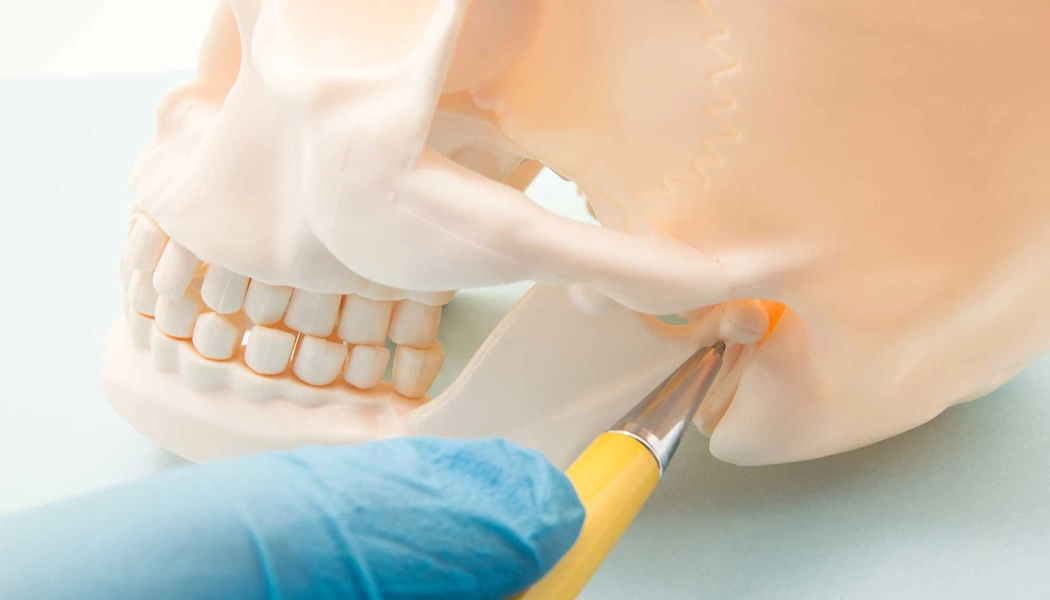
What is Temporomandibular Joint (TMJ) Surgery?
TMJ surgery is a surgical procedure designed to treat disorders of the temporomandibular joint. These disorders can result from a variety of factors, including injury, arthritis, misalignment of the jaw, or jaw dysfunction. The surgery aims to alleviate pain, improve jaw movement, and restore normal function to the joint. In some cases, surgery may be the only effective treatment after non-surgical methods, such as medication or physical therapy, have failed.
Common Causes of TMJ Disorders
Temporomandibular joint disorders can arise due to various factors, including:
1. Injury or Trauma
- Trauma to the jaw, head, or face, such as fractures, dislocations, or whiplash injuries.
2. Arthritis
- Conditions like osteoarthritis or rheumatoid arthritis can affect the TMJ, causing inflammation, pain, and dysfunction.
3. Misalignment or Malocclusion
- Bite misalignment, where the upper and lower jaws do not align properly, can lead to stress on the TMJ.
4. Jaw Dysfunction
- Muscle imbalances or abnormal joint movement can contribute to TMJ disorders.
5. Degeneration
- Wear and tear of the joint due to aging or overuse, leading to joint damage and pain.
Indications for TMJ Surgery
Surgery is typically recommended when conservative treatments have not provided relief, and the patient experiences severe pain or significant dysfunction. The common signs that might necessitate TMJ surgery include:
- Persistent jaw pain or tenderness.
- Difficulty or pain when chewing, speaking, or opening the mouth.
- Jaw locking or limited jaw movement.
- Painful clicking or popping sounds when moving the jaw.
- Chronic headaches or facial pain that is related to TMJ dysfunction.
Types of TMJ Surgery
There are several surgical options available for the treatment of TMJ disorders, depending on the severity and cause of the condition:
1. Arthrocentesis
- A minimally invasive procedure where the joint is irrigated to remove debris, reduce inflammation, and relieve pain.
2. Arthroscopy
- A procedure where a small camera is inserted into the joint to visualize the area and remove damaged tissue or to smooth rough surfaces.
3. Open Joint Surgery
- A more invasive procedure, often used for severe cases, where the joint is directly accessed through an incision, and damaged tissues, displaced bones, or other issues are repaired.
4. Joint Replacement
- In cases of severe degeneration, the entire TMJ may be replaced with an artificial joint, helping restore function and alleviate pain.
Recovery and Postoperative Care
After TMJ surgery, the recovery process varies depending on the type of surgery performed. However, most patients experience significant improvement in function and pain reduction after recovery. Key aspects of postoperative care include:
- Rest and ice: To reduce swelling and pain during the initial healing phase.
- Dietary adjustments: Soft foods are recommended to minimize jaw movement and strain during the healing process.
- Physical therapy: Postoperative exercises may be prescribed to restore joint mobility and muscle strength.
- Medication: Pain relievers and anti-inflammatory medications may be necessary to manage discomfort and swelling.
- Follow-up visits: Regular check-ups are essential to monitor healing and ensure that the surgery was successful.
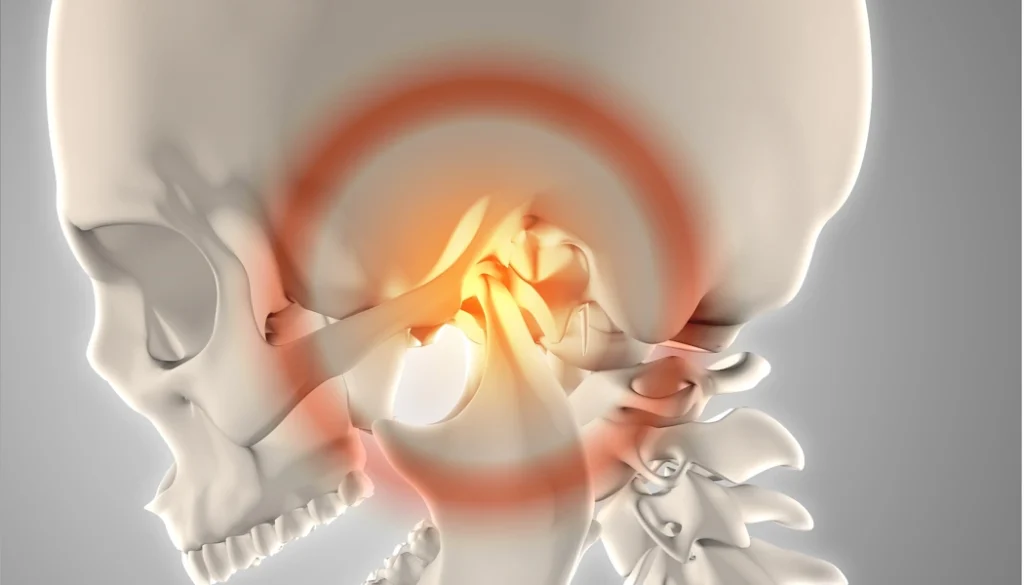
Benefits of TMJ Surgery
TMJ surgery offers several advantages for patients suffering from severe TMJ disorders, including:
- Pain relief: Significantly reduces or eliminates chronic pain associated with TMJ dysfunction.
- Improved jaw movement: Restores normal jaw function, making speaking, eating, and other activities more comfortable.
- Enhanced quality of life: Alleviates facial pain, headaches, and other symptoms, improving overall daily functioning.
- Permanent results: In many cases, TMJ surgery provides long-lasting relief, especially when other treatments have been ineffective.
Why Choose Dr. Halis Ali Çolpak for TMJ Surgery in Antalya?
Dr. Halis Ali Çolpak is a skilled oral and maxillofacial surgeon with extensive experience in treating TMJ disorders. His clinic in Antalya, Turkey, is equipped with the latest technology and advanced surgical techniques to provide optimal care for patients suffering from TMJ issues. Dr. Çolpak takes a personalized approach, assessing each patient’s condition thoroughly and recommending the most effective treatment options for long-term relief and improved quality of life.
Contact Dr. Halis Ali Çolpak for TMJ Surgery in Antalya
If you are experiencing chronic jaw pain, difficulty in jaw movement, or other symptoms of TMJ disorders, contact Dr. Halis Ali Çolpak for an expert consultation. With advanced surgical techniques and personalized care, Dr. Çolpak can help you find relief from TMJ-related problems and restore your quality of life.
